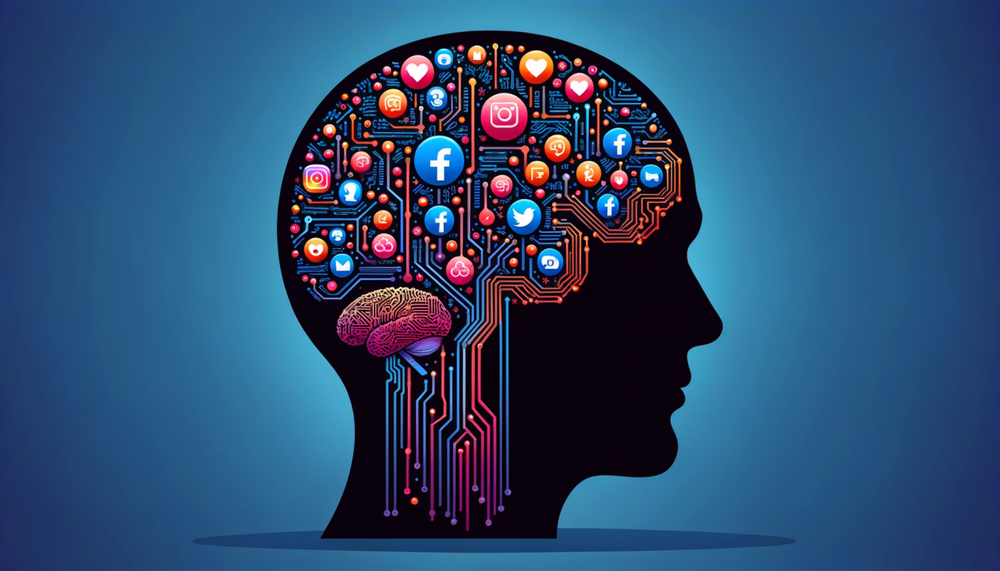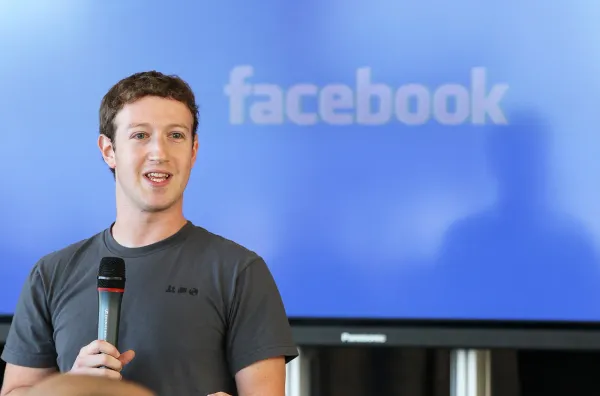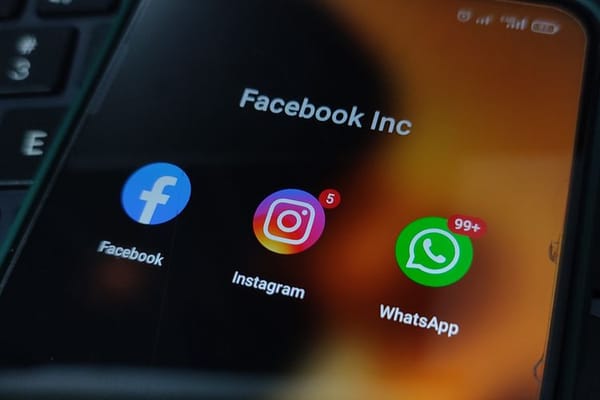Dopamine Dilemma: How Social Media Scrolling Hooks Us
In today's hyper-connected world, social media has become an integral part of our daily lives. From Facebook to Instagram, TikTok to Twitter, we find ourselves scrolling through endless feeds of posts, photos, and videos. Have you ever wondered why it's so difficult to put down your phone once you start scrolling? The answer lies in our brain chemistry, particularly with a neurotransmitter called dopamine.
Understanding Dopamine
Let's start by unraveling the mystery of dopamine. Dopamine is a neurotransmitter—a chemical messenger in the brain that plays a crucial role in how we experience pleasure and reward. It's like a little chemical signal that our brain releases when we do something enjoyable or satisfying, whether it's eating our favorite dessert, receiving a compliment, or achieving a goal. Essentially, dopamine reinforces behaviors that make us feel good, encouraging us to seek out those experiences again.
The Science of Social Media Engagement
When we use social media platforms, we are engaging in a behavior that is designed to keep us hooked. The creators of these platforms understand the psychology of human behavior and have crafted addictive experiences that tap into our brain's reward system. Every time we scroll through our feeds, like a post, or receive a notification, our brain anticipates a reward—a new piece of interesting content, a funny meme, or a comment on our latest photo. This anticipation triggers the release of dopamine.
The Dopamine Loop
Here's where it gets interesting (and potentially problematic). As we scroll through social media, our brain is constantly seeking something new or rewarding. It's like a little dopamine driven quest for pleasure. When we find something that catches our attention a captivating video, an intriguing article, or a beautiful photograph our brain rewards us with a burst of dopamine. This reinforces the behavior of scrolling and keeps us coming back for more.
The 'Slot Machine' Effect
Social media platforms are designed to keep us engaged by employing what psychologists call variable rewards. This is similar to how a slot machine captivates gamblers. The intermittent rewards—such as a new like, a message, or fresh content—keep us hooked and coming back for more. Even if we don't find something particularly exciting with each scroll, the anticipation of finding that next rewarding piece of content keeps us engaged.
The Addictive Nature of Social Media
Over time, this dopamine-driven behavior can become addictive. We find ourselves spending more and more time on social media, seeking out those pleasurable moments of validation or entertainment. Our brains can become desensitized to smaller rewards, leading us to seek even more stimulation. This can have negative effects on our mental health, productivity, and overall well-being.
Breaking the Cycle
Understanding the role of dopamine in social media addiction is the first step towards regaining control of our digital habits. Here are some strategies to help manage social media use:
1. Set Time Limits
Allocate specific times of the day for social media use and stick to them. Use apps or built-in features on your device to set limits on screen time.
2. Turn Off Notifications
Minimize interruptions that trigger dopamine spikes by disabling non-essential notifications. This will reduce the urge to constantly check your phone.
3. Diversify Your Activities
Engage in other enjoyable activities that don't rely on digital stimulation. Spend time outdoors, read a book, or pursue a hobby that brings you joy.
4. Practice Mindfulness
Be aware of how you feel when using social media. If you find yourself mindlessly scrolling, take a moment to pause and evaluate whether it's serving you positively.
5. Seek Support
If you find it challenging to curb your social media usage, consider seeking support from friends, family, or a professional counselor. They can offer guidance and encouragement.
Conclusion
Social media scrolling can be entertaining and informative, but it's important to be mindful of its impact on our brain chemistry and overall well-being. By understanding how dopamine influences our behavior and taking proactive steps to manage our digital habits, we can strike a healthier balance in our relationship with social media. Remember, it's okay to unplug, take breaks, and prioritize real-life connections. Your brain and your happiness will thank you for it.




